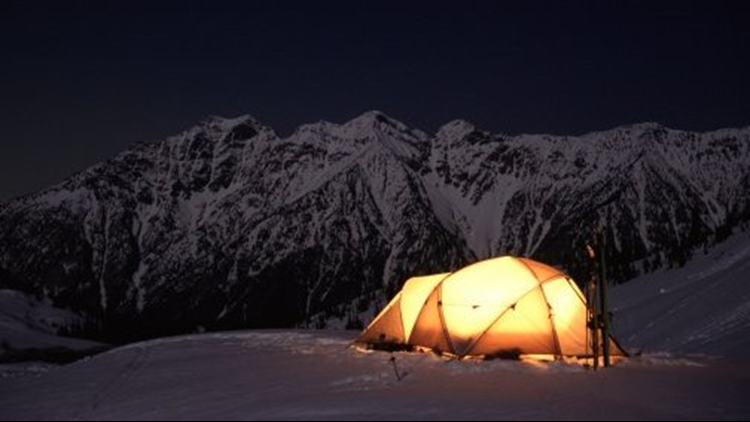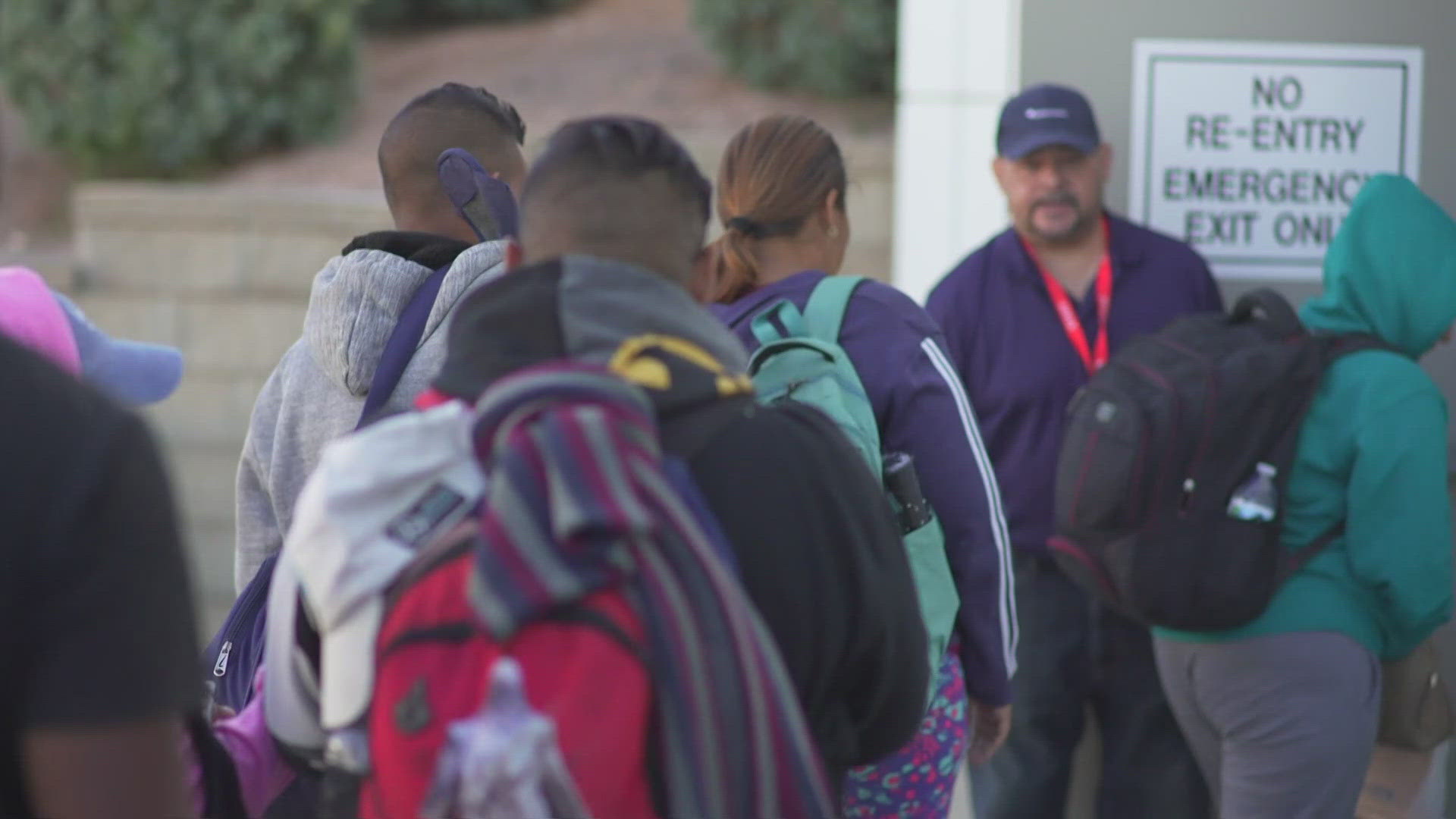DENVER — All campsites are not created equal, so if you're venturing out into the backcountry with a tent, there are a few things you need to consider before setting up camp.
The National Park Service (NPS) offers the following tips on its website for campers:
- Be aware of potential hazards like flash flooding, lightning, wind and dead trees/branches around your campsite.
- In the backcountry, avoid staying on ledges or high peaks where wind and lightning could become a hazard.
- Look up; if you see dead branches overhead, you should not camp under them.
This week, a Lafayette woman was killed when a tree fell on her tent while she was camping with two other women on the Colorado Trail under Grizzly Peak, the San Juan Sheriff's Office said on Facebook. The other two women are "safe and well," according to the post.
RELATED: Tree falls on tent, killing woman
The sheriff's office called Beth Skelley's death on Monday a "tragic accident" and also noted the incident was "a shockingly stark reminder that no matter how safe your actions, the mountains are inherently dangerous."
Some places have designated backcountry sites, but if there aren't any, here are some things to consider when picking a spot, according to the NPS:
- Sheltered and away from the middle of a field if there is a lightning storm, and from the edge of cliffs
- Away from dead trees that might fall
- Away from ravines that might flood
An ideal location for your tent is on level ground, but not a low place, and a safe distance from your fire ring and cooking area, the NPS website says.
Sparks from your fire could melt holes in your tent (or ignite it altogether), and the stakes and lines coming off your tent could become tripping hazards if they're near a high-traffic area.
You'll also want to take note if you're in bear country and take necessary precautions to keep you and the animals safe.
- Keep 200 feet between a cooking space and sleeping space.
- Always store food at least 200 feet from your sleeping space.
- Do not sleep in clothes used during cooking.
- Check park regulations for proper food storage; many parks require a bear box or bag.
NPS also has the following tips for safe wildlife interactions:
- Do NOT feed wildlife under any circumstances. Feeding wildlife creates an expectation that they can receive food from you (and other campers) in the future. This can make them persistent and sometimes violent, and may attract wildlife to your site.
- Avoid contact with wildlife. While it is certainly tempting to approach wildlife, this can be very dangerous.
- Keep safe viewing distances. When watching wildlife, make sure to keep a safe distance.
SUGGESTED VIDEOS | Local stories from 9NEWS



